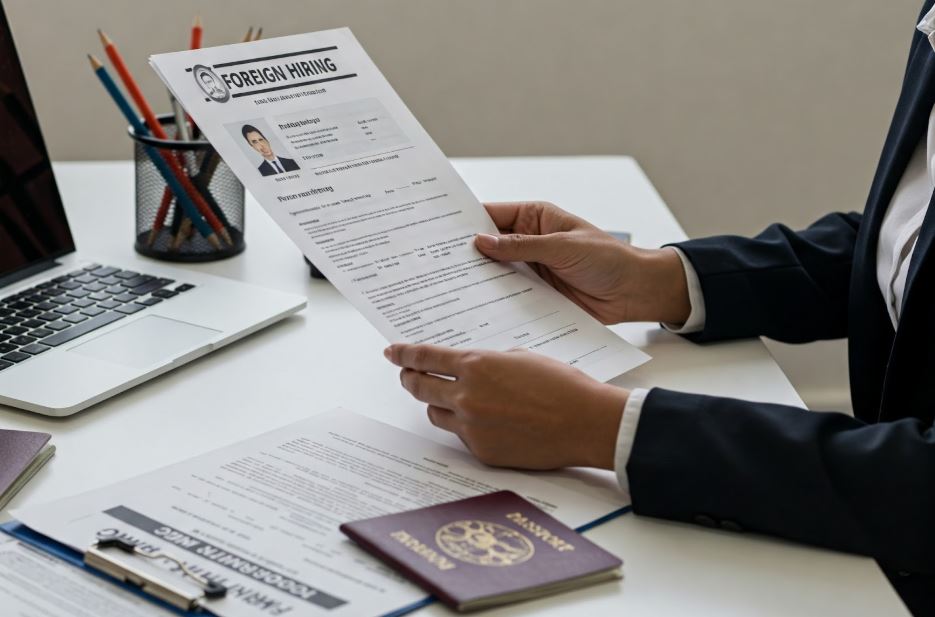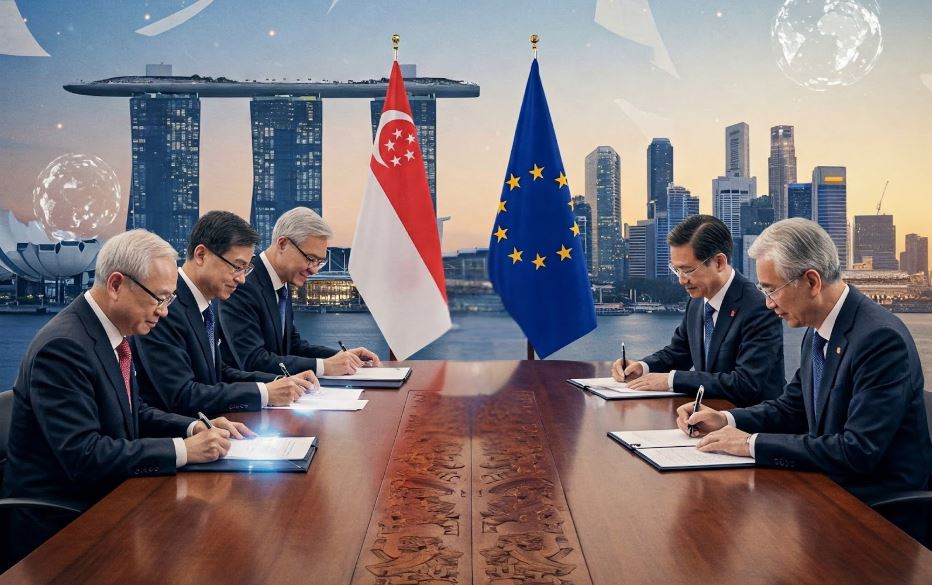Singapore closes loophole on foreign hiring without local presence

Foreign businesses eyeing Singapore as a base for expansion will now need to establish a local presence before hiring foreign workers, following a legal change that closes a long-exploited loophole in the country’s employment system.
Effective September 2024, Singapore’s Ministry of Manpower (MOM) has forbidden job agencies from sponsoring employment passes for foreign companies without an office in Singapore. It was made to prevent misuse of the “employer of record” (EOR) model, a method previously used by foreign companies to hire talent legally in Singapore without registering a local entity.
Recruitment experts say the change will safeguard Singapore’s labor market and tax ecosystem. Andrew McNeilis, managing director at global recruitment firm Phaidon International, said foreign firms had “abused” the EOR setup to sidestep key obligations such as Central Provident Fund (CPF) contributions and local tax payments. “This kept money and commerce outside of Singapore’s economy,” he said.
Under the previous model, a foreign firm could engage a Singapore-based agency to act as the official employer of its workers, white-collar professionals in particular, without directly setting up shop in the country. That arrangement also shifted tax liabilities offshore, providing no real benefit to the domestic workforce or economy.
The new law means that to sponsor employment passes for foreign staff, a company must now be registered and physically present in Singapore. Non-compliance may lead to serious penalties under the Employment of Foreign Manpower Act (EFMA), including fines and possible jail time for responsible officers, warned Ian Lim, a partner at TSMP Law.
“Just to be clear, a breach of the EFMA has the potential to affect three parties – the foreign company, the employer of record and the foreign employee in question,” Lim said.
Some foreign companies might view setting up a local entity as a costly burden. However, McNeilis argued that doing business legally is more cost-effective in the long run than risking prosecution. “The costs of operating within the rules are far lower than the consequences of getting caught,” he said. He also added that companies interested in exploring the market can still enter Singapore on a short-term visitor pass to assess opportunities.
It is important to note that the law still allows foreign businesses to hire Singapore citizens and permanent residents without needing to sponsor work passes, since locals don’t require them. “And by Singaporeans, I mean both Singapore citizens and permanent residents because both groups don’t need a work pass to work in Singapore,” Lim said.
Ultimately, the changes aim to reinforce fairness in the job market while encouraging genuine business participation in Singapore’s economy, ensuring that those who benefit from its infrastructure and workforce also contribute to its long-term growth.



